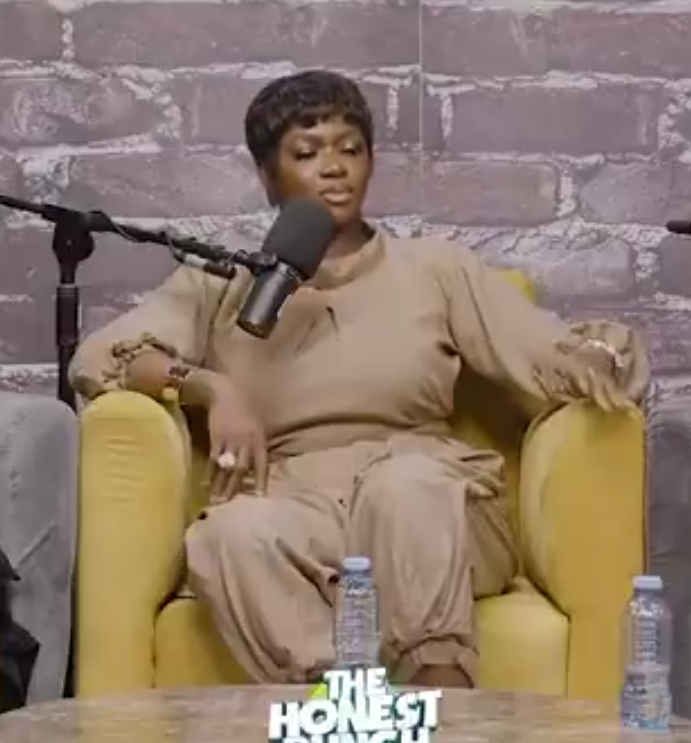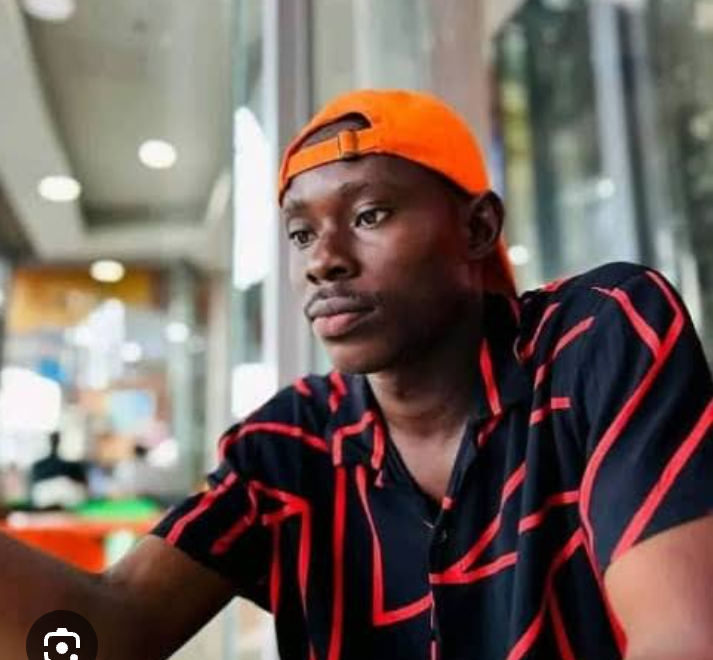
Waje Breaks Silence: “I Sang the Chorus of Psquare’s ‘Do Me,’ But Got No Credit or Payment”

Nigerian singer Aituaje Iruobe, popularly known as Waje, has stirred conversations across social media after revealing that her powerful vocals were behind the iconic chorus of Psquare’s 2007 hit song “Do Me”—but that she was never credited or paid for it. The revelation, which has left fans both shocked and sympathetic, has reignited conversations about fairness, recognition, and exploitation in the Nigerian music industry, especially toward background vocalists and emerging talents who helped shape some of the country’s biggest hits.
Speaking during a candid chat that has now gone viral, Waje disclosed that she recorded the unforgettable “Do me, I do you” chorus that became a defining hook for the song and one of the most recognizable lines in Psquare’s catalog. But despite her significant contribution, she said she never received a single naira nor was she given proper acknowledgment in the album credits. Her voice, she explained, was used without due recognition, and at the time, she was too young and inexperienced to demand compensation or a formal agreement.
“I was the one who sang the chorus of ‘Do Me’ by Psquare,” Waje said. “That’s my voice on the track. But I didn’t make a dime from it. I wasn’t credited either. I was just happy to be in the studio with them, and I thought that was enough back then.”
Her confession hit a nerve online, especially among music lovers who grew up vibing to the Psquare classic, unaware that the soaring female voice at the heart of the song belonged to Waje. Fans have flooded social media with mixed emotions — admiration for her honesty, anger over the lack of credit, and nostalgia for an era that produced some of Nigeria’s biggest pop hits but was often marked by informal agreements and unrecognized talent.
“Do Me,” released in 2007 as part of Psquare’s third studio album “Game Over,” became one of the defining songs of the early Afrobeats era, dominating radio charts and nightclubs across Africa. The track’s success helped cement Psquare’s reputation as one of the continent’s biggest acts and propelled their fame beyond Nigeria’s borders. But behind that infectious energy and catchy chorus was Waje’s unmistakable voice — the same voice that would later power hits like “One Naira” with M.I and “Left for Good” featuring Patoranking.
For many, the revelation underscores a troubling pattern that has long plagued the Nigerian entertainment industry — where background singers, songwriters, and backup performers often go unrecognized for their creative input. During the mid-2000s, record deals were often informal, and many rising artists were desperate just to be heard. It wasn’t uncommon for powerful voices like Waje’s to be used on hit songs without proper documentation, royalties, or credit.
Waje’s story is particularly painful because it highlights how talented she was even before her solo career took off. Many fans are now revisiting “Do Me” with new ears, realizing how much her voice contributed to the song’s success. One fan wrote on X (formerly Twitter), “That ‘Do me, I do you’ part has always been my favorite, and to think it was Waje all along! She deserved better.” Another user added, “This is why we need proper structures in our music industry. How can someone sing such an iconic hook and not even get a mention?”
The singer, known for her vocal range and emotional depth, didn’t sound bitter in her revelation — just reflective. She described that period as a time of learning and growth, admitting that back then, she was simply grateful to have her voice on a record that would be heard across Africa. “I was still trying to find my path,” she said. “So, I didn’t think much about contracts or money. I just wanted to sing.”
Her humility and honesty have earned her even more respect from fans and fellow artists. Many have praised her resilience, noting that despite the lack of recognition early on, Waje went on to build one of the most respected careers in Nigerian music, with a legacy defined by raw talent, authenticity, and longevity.
Music industry veterans have also weighed in on the issue. Some have called for greater accountability and formal recognition for contributors in Nigerian music, pointing out that even though today’s industry has made strides in documentation, old habits die hard. One producer noted that “in those days, everything was vibes and loyalty. No one talked about royalties or splits. People just wanted to make hits. But stories like Waje’s show why that culture must end.”
While Psquare has yet to publicly respond to Waje’s statement, the revelation has cast a shadow over one of their biggest songs. Fans have started tagging the duo, asking for clarification and urging them to give Waje her long-overdue credit. Some, however, argue that it might have been a simple oversight from a time when the music industry wasn’t as organized as it is today.
Still, Waje’s experience serves as a stark reminder of how much the industry has evolved — and how far it still has to go. Younger artists now have access to legal advice, digital distribution, and royalty-tracking platforms, but many still fall into similar traps, trusting handshake deals and verbal promises.
The emotional weight of Waje’s revelation lies not just in the money or fame she missed out on, but in the erasure of a piece of her artistic contribution to Nigerian pop history. “Do Me” was a cultural moment — a song that defined an era — and to know that the powerful voice behind it went uncredited for nearly two decades has left many fans unsettled.
Waje, however, seems to have found peace with it. She told listeners that she has moved on and now focuses on helping younger artists navigate the industry more intelligently than she once did. “It’s all part of my story,” she said softly. “I’m grateful for the journey. But I want the next generation to know their worth and protect it.”
As the conversation continues online, the story has reignited a broader debate about ownership, recognition, and the value of creative labor. In a country where many hit songs are born from collaboration, the need for proper credit and fair compensation is more urgent than ever.
For Waje, her truth is out — and fans are finally connecting the dots between her early beginnings and the powerhouse vocalist she has become. Whether or not Psquare eventually acknowledges her role, one thing is clear: her voice didn’t just echo in “Do Me” — it helped define the sound of a generation.
And now, nearly two decades later, that voice is finally being heard for what it truly was: unforgettable, uncredited, but undeniably hers.


